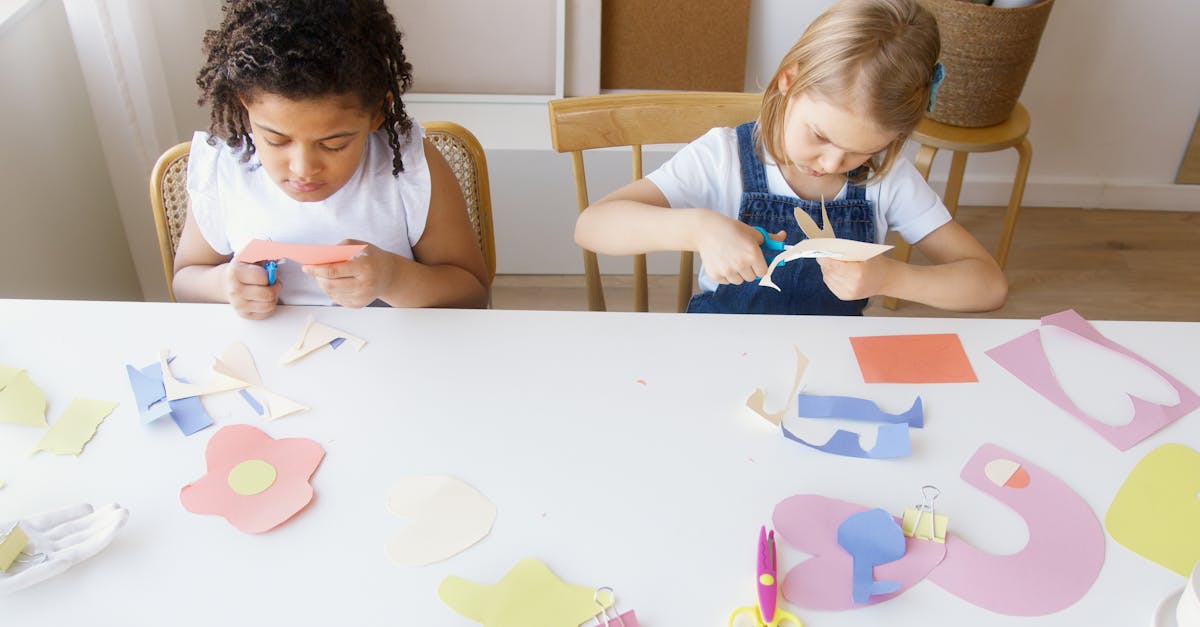Exploring Faith and Truth
In a world swirling with complexity, teaching pre-schoolers about honesty through faith may seem daunting. Yet, faith stories brim with examples of truth and integrity. Begin with simple tales—like the boy who cried wolf or even faith-based stories that emphasize truth.
Incorporate bedtime story rituals, driving home the importance of honesty in an engaging manner. Remember, stories stick, and so will life lessons.
Tips for Engaging Storytelling:
- Infuse humor by adding funny voices or exaggerated expressions.
- Imagine a little wolf howling, only to giggle when the wolf realizes the townsfolk don’t believe in it any longer.
- Make lessons memorable with creative storytelling techniques!
These examples make lessons memorable!

Building Trust One Story at a Time
Kids love stories, and what better way to inculcate honesty than through relatable ones? Customize tales where characters navigate and resolve conflicts by being truthful. For instance, imagine a character who admits to breaking a toy and is then rewarded for honesty with help fixing it.
Consider sharing your childhood tales of truth gone awry, inducing laughter at your expense. These stories help kids understand the long-term benefits of being honest, ultimately building trust.
Fun tales make honesty tangible, creating real-life connections and instilling morals in young minds.

Remember: Engaging stories can profoundly shape young minds and foster important values such as honesty.
Encouraging Open Conversation
Communication goes a long way towards instilling morals. Encourage kids to speak freely, sharing their daily highs and lows. This openness fosters honesty.
Sometimes, kids unintentionally weave untruths when recounting stories. A gentle chuckle and guiding them back to the reality train can be effective.
Create a “truth time” jar where kids drop notes about the truth they’ve shared, rewarding honesty with tiny treats. Engaging them in conversations about their thoughts on honesty lets them reflect and internalize values.
A regular family feast of honesty, if you will!

Harnessing Imagination with Play
Play isn’t just fun; it’s a learning tool.
Utilize role-playing games to teach honesty, such as playing shopkeeper or teacher. Here are some strategies you can use:
- Exaggerate theft scenarios and guide them towards honest resolutions.
- Keep it interactive by asking questions: “What happens now?” to stimulate critical thinking.
- Add a comic twist to scenarios; perhaps the customer’s only currency is giggles.
Encourage kids to fix situations with honest dialogue. These playful interactions deeply root honesty into a child’s psyche, helping them understand consequences and ethical resolutions through imagination.

Embracing Mistakes as Lessons
We all stumble; it’s part of growing. When children falter, use these experiences as teaching moments. Transform mistakes not into punishments but learning opportunities. Openly discuss and accept the mistake as a chance to explore truth.
Lighten the mood by recalling your hilarious grown-up blunders, perhaps the time you accidentally deleted your presentation. Mistakes are stepping stones to improvement and acknowledging them fosters integrity.
This practice helps children view honesty not as an obligation, but a personal commitment forged through understanding.

